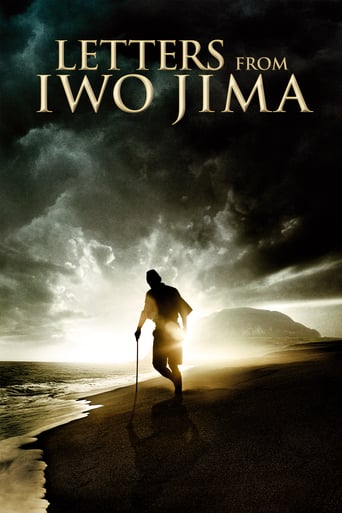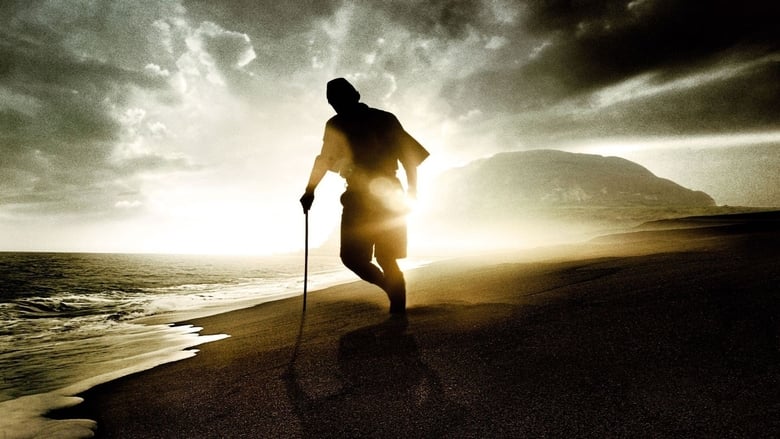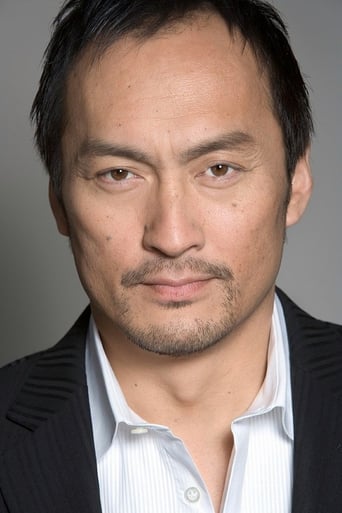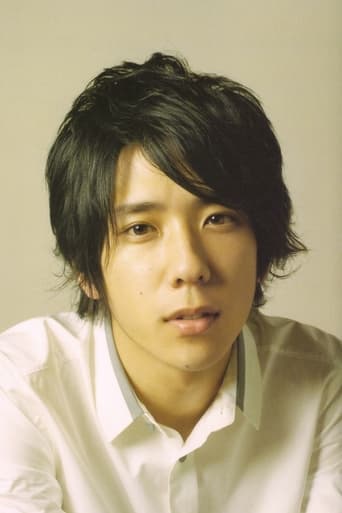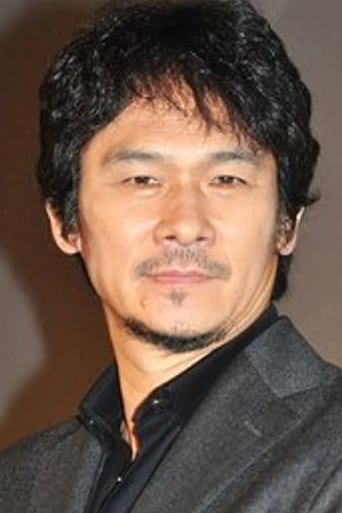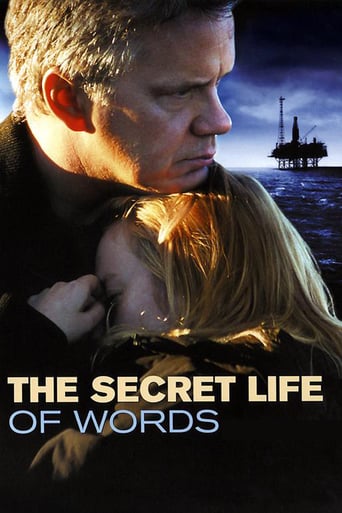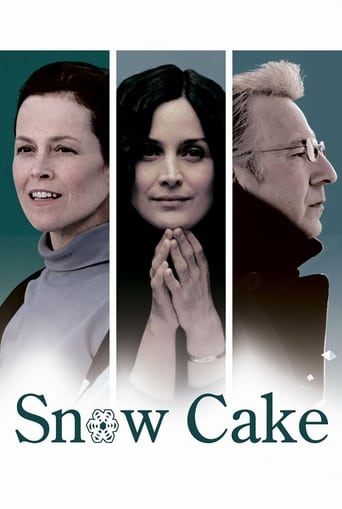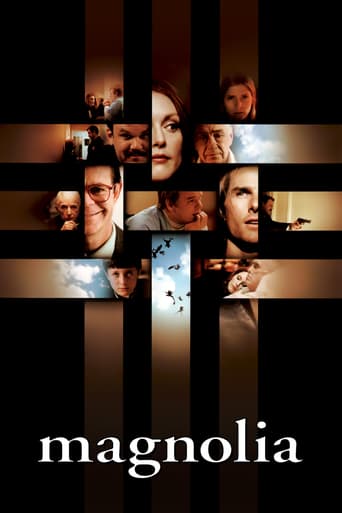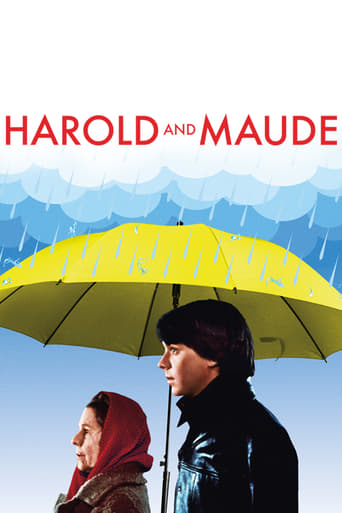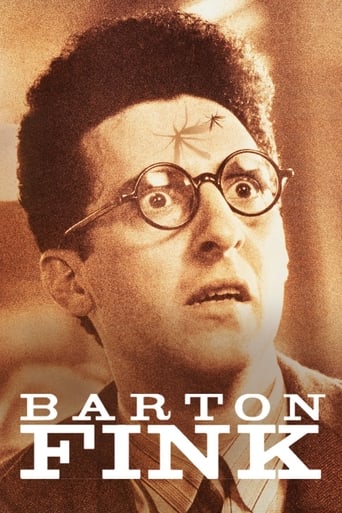Letters from Iwo Jima (2006)
The story of the battle of Iwo Jima between the United States and Imperial Japan during World War II, as told from the perspective of the Japanese who fought it.
Watch Trailer
Free Trial Channels
Cast


Similar titles
Reviews
Although it has its amusing moments, in eneral the plot does not convince.
It's funny watching the elements come together in this complicated scam. On one hand, the set-up isn't quite as complex as it seems, but there's an easy sense of fun in every exchange.
I enjoyed watching this film and would recommend other to give it a try , (as I am) but this movie, although enjoyable to watch due to the better than average acting fails to add anything new to its storyline that is all too familiar to these types of movies.
One of those movie experiences that is so good it makes you realize you've been grading everything else on a curve.
Letters from Iwo Jima is one of the worst war films ever. It lacks any real tension, excitement or treachery. The film has no real atmosphere, the only contributing factor is the grey cinematography. I feel that this film and Flags of our Fathers would work better as one film with intertwining stories, rather than having to watch two full length films which is very inconvenient. Many say that this is a very reistic and original war film but really the subtitles are the only major difference when comparing it to similar films. Thankfullt, it does not come across as being racist, like many war films do. However, it lacks excitement or any real moments that transfix your attention. Its just very boring. 4/10
This second film on the battle of Iwo Jima is from the point of view of the Japanese and based on a collection of letters the Japanese soldiers received or wrote during the battle, letters that were never dispatched or were never distributed, and were incidentally saved by probably the sole survivor of the battle, a survivor who only survived due to a set of circumstances that saved his life three times during the whole battle. This Japanese soldier put the letters in a leather bag and buried them in one of the caves used by the commander of the Japanese troops. The bag of letters was found when some Japanese workers started working recently on the island to turn it into some kind of memorial. The film shows with a lot of crude truthfulness the life of these soldiers - and officers - who knew from the very start that they were all going to die on this island for no reason whatsoever but for the Emperor and the Empire, even though this Emperor and this Empire were doomed to get to their dead end of a final destination. The life of the soldiers is brutal and the officers are divided. A new commander arrives for the battle and some flashbacks show how attached to the USA he was and yet he will be wounded and will die, by his own hand with a Colt that had been presented to him by some American important people in some kind of celebration in the USA before the war. An allusion to the 1932 Los Angeles Olympic Games is quite pregnant in this context. This commander could be humane in this context, both for his troops and for the one and only prisoner he made. Apart from this one he provided with some medical and communicational comfort while he was dying, no other prisoner was made and two Japanese prisoners were made on the American side and the two GIs who were supposed to look after them took the decision to kill them, one GI by shooting the two bullets and the other GI as an accessory to this crime.This battle was a battle without any prisoners, except the simple soldier who had been saved from a vicious caning at the beginning, then from a sectarian beheading from some fundamentalist patriotic officer, and finally from the final assault by the commanding officer of the battle. This soldier witnessed the final suicide of this commanding officer who was severely wounded and committed suicide with the Colt he was presented as a gift long before the war, hence dying from an American bullet. The surviving Japanese soldier buried his commanding officer so that he would not be taken away from this Japanese land, just before being made prisoner. Nothing is said about his future.The film also shows, particularly with the letters the soldiers are writing to their families that are quoted all along the drastic horror they have to live through. They are also divided between very few wanting to surrender, many being tired and bored with the war but ready to go on to the final end, and a certain proportion, particularly among officers, ready to consider dying in such a butchery is an honor, a heroic honor. Clint Eastwood and Steven Spielberg do not go beyond and hardly show real Japanese society, except in some flashbacks about before the war, about before being drafted into the war, or even a few about the real survival conditions of the wives and children left behind. War is a drastic event and there is no one side in such an event that is clean. Since 1945 and this second world war, all wars were lost by the western powers who waged them, be it Great Britain, the USA, France, and even the USSR as an eastern power. Wars are numerous but always limited in scope and even terrorism is limited and would be a lot more limited if the west, globally or partially, had not provoked the Muslim world with the war in Afghanistan and then the war in Iraq and then the war in Syria, in other words a never-ending war in the Middle East started in 2001 and still going on with the USA trying to play their own and singlehanded game as if they were God Almighty. And of course they are unable to concede a defeat and after Obama had tried to step back and out of the muddy quicksands, the USA is back on the war track and the tomahawks they brandish are missiles. The two films, Flags of Our Fathers and Letters from Iwo Jima, are a real manifesto to our most humane mental reality to make us understand there is no glory in war, no heroism in war, no future in war, and yet some have difficulties, and at times many difficulties to understand there must be an end in everything. It is amazing how people who have never had a war in their own street and in their backyards are unable to see the horror of such events and are ready to pay for such brutal and cruel selfish violence that achieve so little positive results, including pay for substitutes when they are drafted into such a war.Dr. Jacques COULARDEAU
There is a scene where a Japanese battalion commander orders his troops to bring a flamethrower operator into the bunker and to treat him.Notwithstanding the BS that a flamethrower operator would be operating without infantry support, it is a reminder that not all the Japanese were brainwashed fools.On the other hand, the next scene involves 2 captured and secured Japanese prisoners receiving summery executions at the hands of one of their watchers.While atrocities were conducted by (unequally) both sides, and unless you believe the propaganda that this movie and "Inglorious Basterds" will have you believe, the overwhelming evidence supports that US and Allied forces followed the Geneva Convention as well as the situation allowed.
Letters from Iwo Jima is a film praised by audiences and critics , most unfortunately this film did not catch me , I did not like , photography, soundtrack , costumes and the cast are good , especially the photograph is excellent , the direction of Clint Eastwood is competent , more is not better, the acting is competent also , the Costume is well done , I found the very long movie , and the pace does not hold , it is tiring plus of course it is in my opinion , the dialogue some are good , other surface , the film yet but can be tense at times, the battle scenes are good technically , most are not exciting , Letters from Iwo Jima same critical acclaim , I did not like so much, more ta far from a bad movie , has very positive points, I think one of the weakest work of Eastwood. note 5.1

